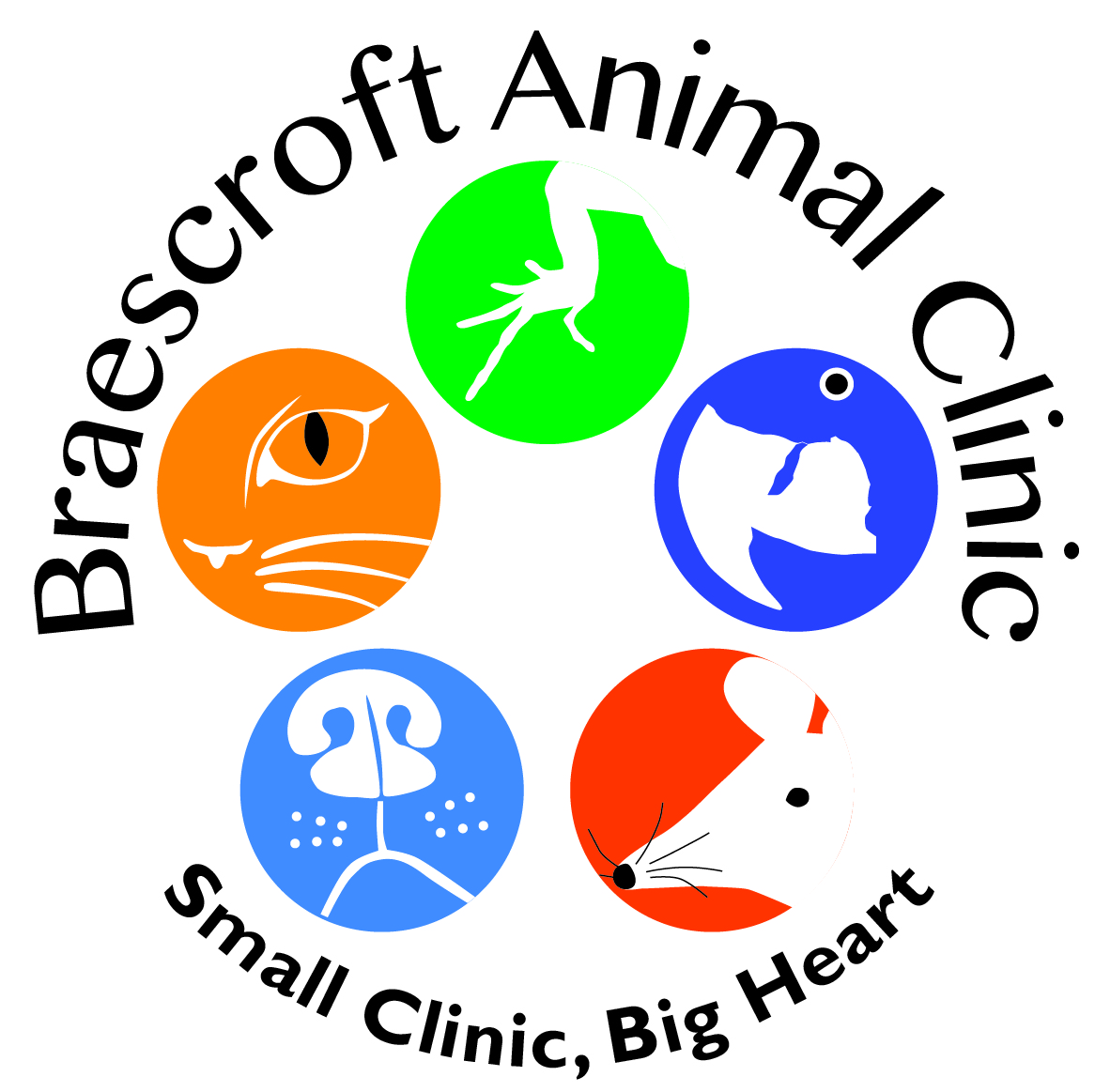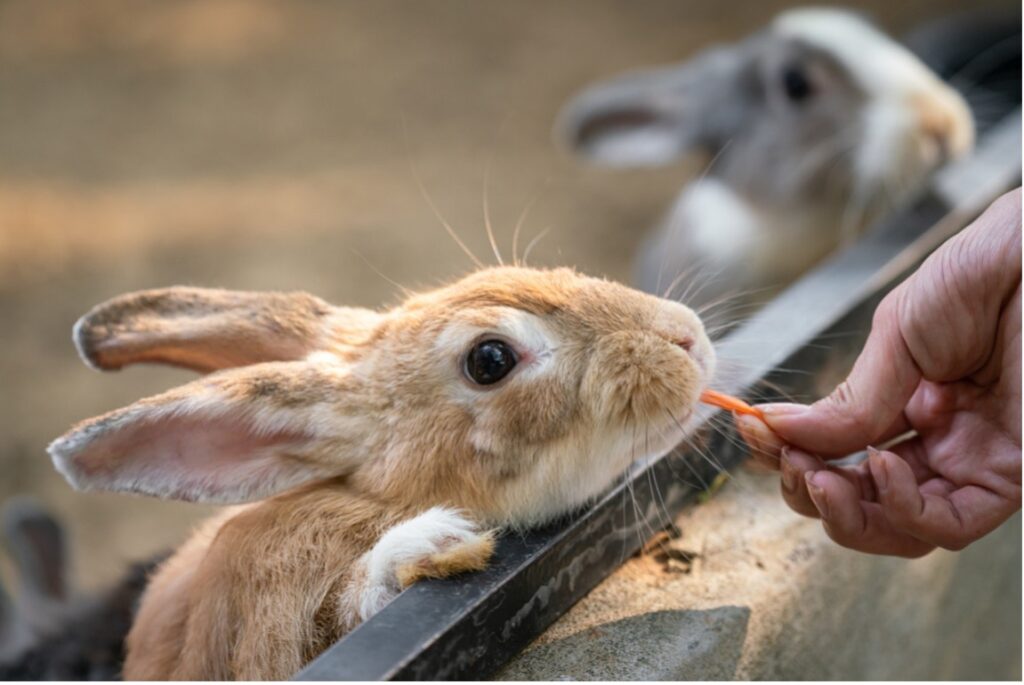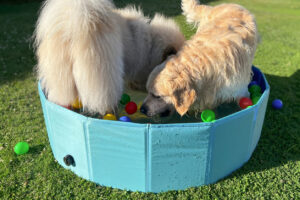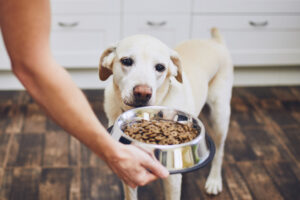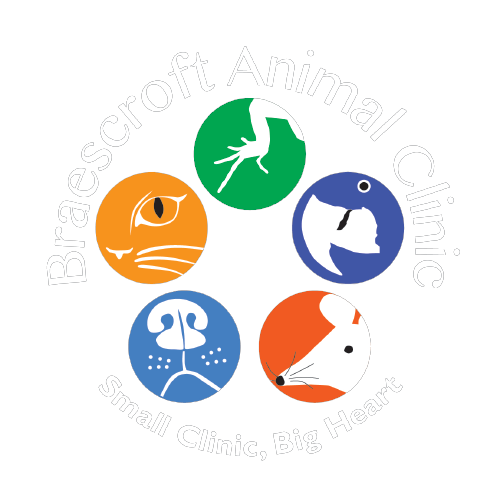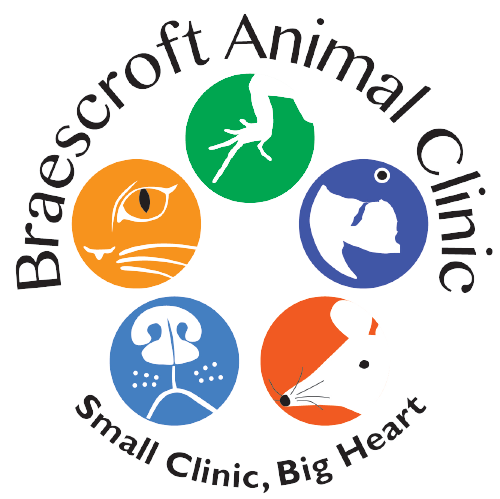Choosing the right pet food for your furry friends can be daunting. With so many options available, it’s essential to understand the specific dietary needs of your pets. Whether you have a dog, cat, or exotic pet, this guide will provide you with all the essential information to make an informed decision and ensure your pets receive the nutrition they need to thrive.
Understand the Nutritional Needs of Your Pet.
Dogs, cats, and exotic pets all have different dietary requirements, so choosing a food that meets their specific needs is important. Factors such as age, breed, size, and activity level can all impact your pet’s nutritional needs.
Read and Understand the Ingredients List.
When selecting pet food, read and understand the ingredients list. The list will give insight into what exactly is in the food you are feeding your pet. Look for high-quality, whole-food ingredients such as real meat, fruits, and vegetables. Avoid foods that contain fillers, by-products, artificial colors, and preservatives. It’s also important to be aware of any potential allergens that your pet may have. Choosing the right pet food is essential for your pet’s health and well-being.
Consider Your Pet’s Age, Size, and Activity Level.
When selecting pet food, it’s essential to consider your pet’s age, size, and activity level. Different pets have different nutritional needs at various stages of life. For example, puppies and kittens require food that is higher in calories and nutrients to support their growth and development. On the other hand, senior pets may benefit from a diet that is lower in calories and tailored to their specific health needs. Additionally, your pet’s size and activity level can also impact their nutritional requirements. Larger, more active pets may require a diet higher in protein and fat to support their energy needs, while smaller, less active pets may require a lower-calorie diet to prevent weight gain.
Look for Quality Assurance and Safety Certifications.
When selecting pet food for your beloved pets, it’s crucial to prioritize their health and safety. One way to ensure that the pet food you choose meets high standards is to look for quality assurance and safety certifications. These certifications indicate that the pet food manufacturer follows strict guidelines and undergoes regular inspections to ensure the quality and safety of their products.
Look for certifications such as the Association of American Feed Control Officials (AAFCO) label, which indicates that the pet food meets the minimum nutritional requirements for pets. Global Animal Partnership (GAP) or the National Animal Supplement Council (NASC) can provide further assurance of the product’s quality and safety. By choosing pet food with these certifications, you can have peace of mind knowing that you are providing your pets with the best nutrition possible.
Consider Any Special Dietary Needs or Restrictions.
When selecting pet food, it’s essential to consider any special dietary needs or restrictions that your pets may have. Some pets may have allergies or sensitivities to certain ingredients, such as grains or specific proteins. In these cases, you may need to choose a pet food that is specifically formulated to meet their dietary needs. Additionally, if your pet has a medical condition, such as diabetes or kidney disease, their diet may need to be tailored to manage their condition.
Exotic Pets
It’s also important to note that exotic pets such as reptiles, birds, rabbits, hamsters, etc., have unique dietary requirements that differ from traditional pets like dogs and cats. Exotic pets can become ill if fed the wrong food. For example, many people think carrots are a basic food for rabbits from having watched the classic Bugs Bunny cartoons as children. However, fruits and vegetables high in sugar such as carrots, peas, and raw pumpkin can cause obesity in rabbits and should only be given in small amounts as occasional treats. So, understanding the specific nutritional needs of your exotic pets is essential to ensure their health and well-being.
Please Ask Us About Our Nutritional Counseling at Braescroft
Obesity is a common problem among pets and often occurs because the pet parent is not educated on the appropriate diet for their pet. Also, it can be easy to over-feed a pet that knows how to beg. But being overweight is a serious problem for animals and can cause real health problems as they get older. With proper diet and exercise, all pets should be able to meet their dietary needs and be within a healthy weight range.
Additionally, pets’ nutritional needs change as they enter different stages of their lives. The best way to ensure you select pet food for your pet’s needs is to consult with us about the proper diet for their age, breed, lifestyle, and any medical conditions they may have.
Final Words
We believe in treating every patient as our own pet and giving them the same loving attention and care. We will work with you every step of the way through your pet’s stages of life to provide them with high-quality medical care and educate you about your pet’s health and well-being so you can make informed decisions. Please contact us if you have any questions about your pet’s diet or need to schedule an appointment.
Sincerely,
Lisa Lowenstein
Braescroft Animal Clinic
